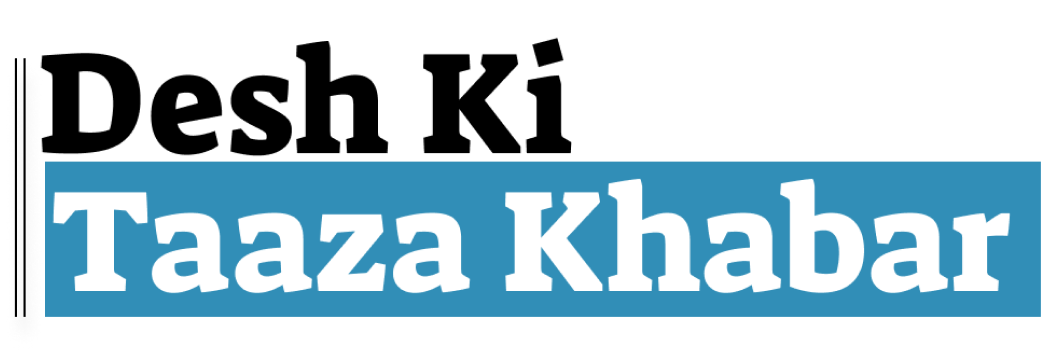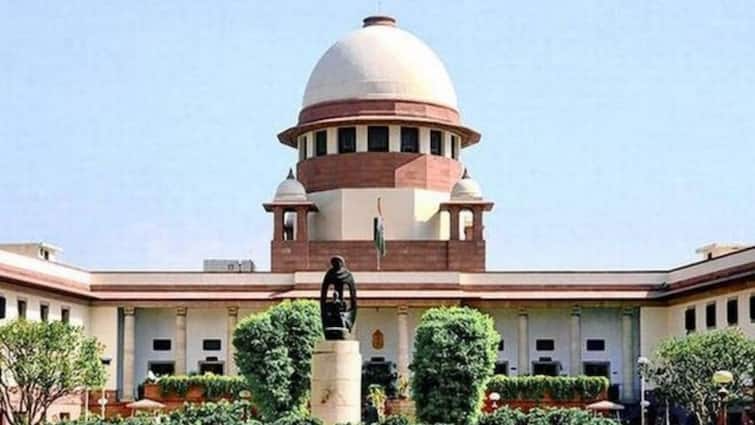In a pivotal ruling, the Supreme Court overturns a previous judgment, demanding changes in terminology and a more robust legal framework against child sexual exploitation.
Summary: The Supreme Court has established a crucial precedent by ruling that merely watching or storing child sexual exploitative and abusive material (CSEAM) constitutes a criminal offense. This landmark decision challenges prior legal interpretations and prompts Parliament to amend the POCSO Act for clearer definitions.
In a landmark judgment on Monday, the Supreme Court of India nullified a previous ruling by the Madras High Court, which had stated that simply watching child pornography did not amount to a criminal offense under the Protection of Children from Sexual Offences (POCSO) Act and the Information Technology (IT) Act. The Supreme Court’s ruling firmly established that both the viewing and mere possession of child sexual exploitative and abusive material (CSEAM) are indeed criminal offenses.
The case involved a 28-year-old man who was charged for downloading and viewing child pornographic content on his mobile device. The Supreme Court reinstated the criminal proceedings against him, emphasizing that engaging with such material should not go unpunished.
In a pivotal move, the court called for a reevaluation of the terminology used in legal contexts, advocating for the replacement of the term “child pornography” with “child sexual exploitative and abuse material.” This suggestion aims to more accurately represent the severe nature of these crimes. Justice JB Pardiwallah articulated this directive while delivering the verdict, highlighting that all courts should refrain from using the term “child pornography” in any official orders or judgments.
Chief Justice DY Chandrachud underscored the significance of this ruling, noting that it marks a pioneering effort by the judiciary to address child sexual exploitation in such a detailed manner. The court’s decision reflects a growing recognition of the need for legal language that encapsulates the reality of these offenses.
The Supreme Court criticized the Madras High Court for its earlier ruling, which suggested that the mere possession of child sexual exploitative material did not constitute an offense in the absence of transmission or dissemination. Instead, the Supreme Court asserted that failing to report such material to authorities upon receipt also constitutes a crime, reinforcing the principle that inaction can carry serious legal consequences.
To facilitate this change, the court recommended that Parliament consider amending the POCSO Act to officially adopt the term “child sexual exploitative and abuse material” (CSEAM), thereby enhancing the legal framework surrounding these critical issues. This approach aims to promote a more comprehensive understanding of child exploitation in legal settings and foster stronger protections for vulnerable children.
Source: ANI

